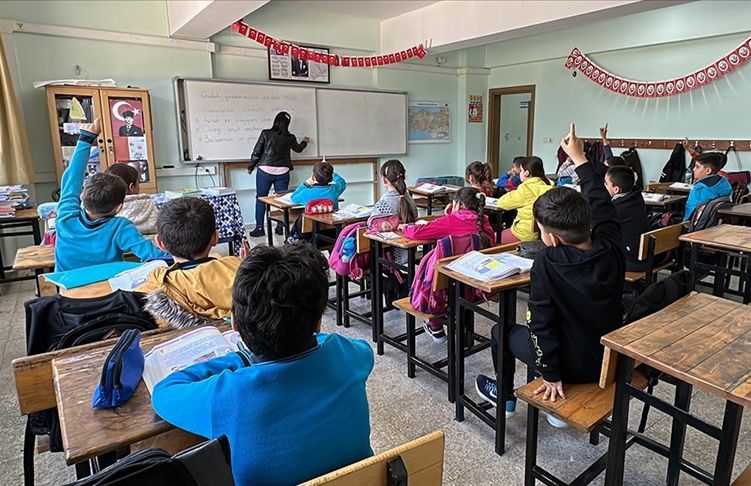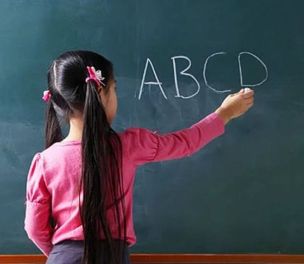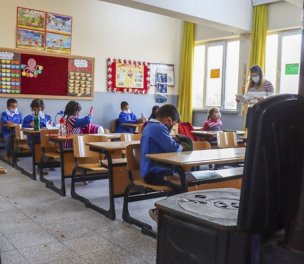Photo: AA/File
Click to read the article in Turkish
The Minister of National Education, Yusuf Tekin, faced criticism from opposition parties for his statement about opening girls' schools, which he made during a television program yesterday.
Tekin said on A Haber that some families do not send their daughters to school because "I don't want my daughter to study with boys." He stressed that the main goal of his ministry is to ensure girls' access to education and that they are ready to open girls' schools to persuade parents.
"Then we should be able to open girls' schools to persuade parents. They should have the option to send their daughters to girls' schools or to coeducational schools, if they prefer," the minister remarked.
He added that he is not opposed to coeducation, but "some measures could be taken" to increase enrollment rates.
"Unacceptable"
Lale Karabıyık, the Deputy Chairperson for Education Policies of the main opposition Republican People's Party (CHP), slammed the minister's words as "unacceptable."
She said that the minister's admission that some girls are not attending school despite compulsory education is a serious problem. She added, "According to the laws, the Ministry of National Education is obliged to bring all children, regardless of gender, to school.
"In our country and around the world, children aged 0-18 are recognized as children, and the state is obligated to protect them and ensure their rights.
"Not sending children to school based on gender is a view that fails to consider children as children. The Minister of National Education should never make statements that open the door to such a view under any circumstances."
Parliamentary question
Mehmet Zeki İrmez, a Green Left (Yeşil Sol) Party member of parliament for Şırnak, also raised the issue in the parliament. He said that during the AKP government's tenure, equal educational opportunities have been eroding, and a gender-biased perspective has become entrenched in educational institutions.
İrmez argued that prioritizing gender-segregated education as a means to increase girls' enrollment rates is not a solution. He emphasized that this approach only contributes to the promotion of a masculine understanding and a gender-biased model in education. He also highlighted the need for the Ministry of National Education to fulfill the requirements of mandatory and free education, support mother tongue education, combat child labor, and work collaboratively with civil society organizations engaged in educational activities.
İrmez also directed several questions to Minister Tekin, asking whether the Ministry has any initiatives related to opening girls' schools, which civil society and professional organizations have been involved in the Ministry's efforts, whether he considers the demands of parents opposing mandatory religious education reasonable, and what are the year-by-year enrollment rates of girls in schools from 2002 to 2022.
Girls' schooling rates in Turkey
In the 2021-2022 school year, some 866,000 girls in the country were out of education, according to ministry figures. This accounts for nearly 8 percent of all girls in the country.
Moreover, the rate of the girls out of education increases as the level of education increases, with 195,000 girls in primary school age, 298,000 in secondary school and 373,000 in high school cannot go to school. (RT/VK/PE)









